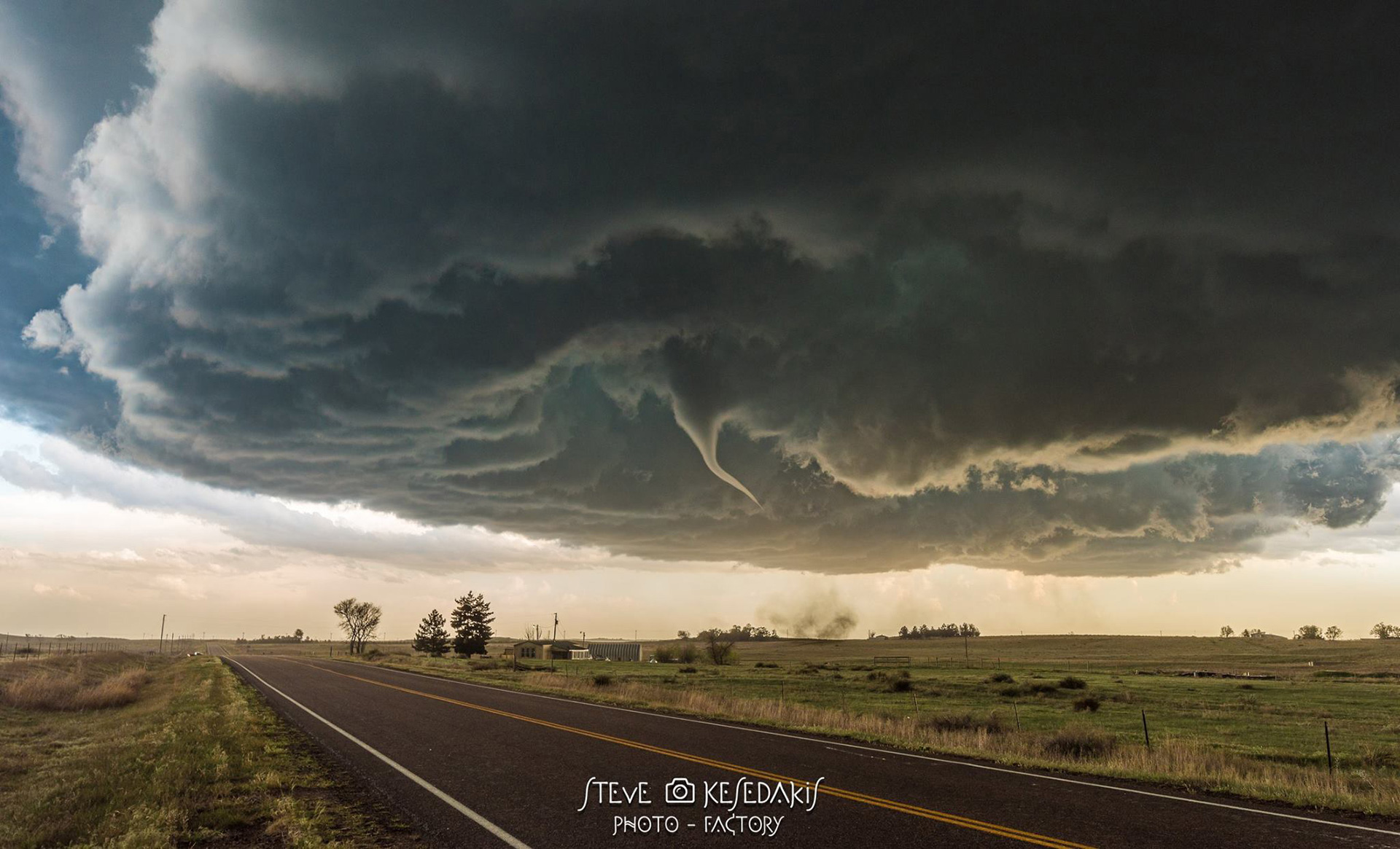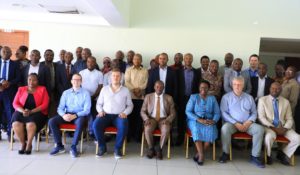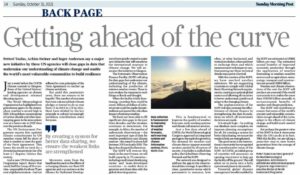WMO Bulletin: Early Warnings for All and the role of SOFF
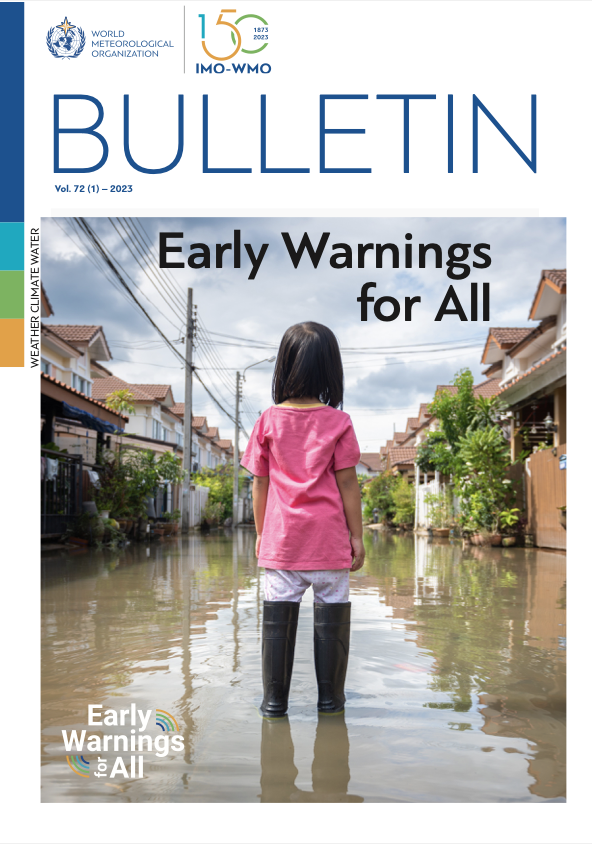
The latest World Meteorological Organization (WMO) bulletin covers the UN Secretary General’s Early Warnings for All initiative. The journal of WMO, outlines the Executive Action Plan of the initiative, aiming to improve Early Warning System skills in up to 100 countries by the end of 2027. WMO and its international partner organizations have already began working in 30 countries chosen by the UN Secretary-General.
The main investments to the initiative are being made by using the Systematic Observation Financing Facility (SOFF) and the Climate Risk and Early Warning Systems (CREWS) initiative as well as in co-operation with several WMO Members and international development agencies.
The countries with the biggest data gaps are also the most vulnerable to the impacts of climate change. They have been forcefully demanding scaled-up action to cover everyone with Early Warning Systems by 2027.
SOFF is the foundational element and a delivery vehicle of the Early Warnings for All initiative – warnings are only as good as the data they are built upon. By focusing on collection and sharing of observations, SOFF closes existing climate and weather data gaps and strengthens the data foundation that underpins early warning systems and adaptation efforts.Thus, the global public good of shared weather observations is effectively provided and frees up other development partners’ resources to focus on data processing, delivery of services and effective decision-making.
In March 2023, the funding requests of 26 countries were approved – within nine months of SOFF’s kicking off work in July 2022. The projects will be supported by 16 national meteorological services and 7 implementing entities. Funding will be programmed for at least 55 countries by June 2023. These will reflect a focus on Pacific, Caribbean and African countries and include the priority countries of the Early Warnings for All Initiative.
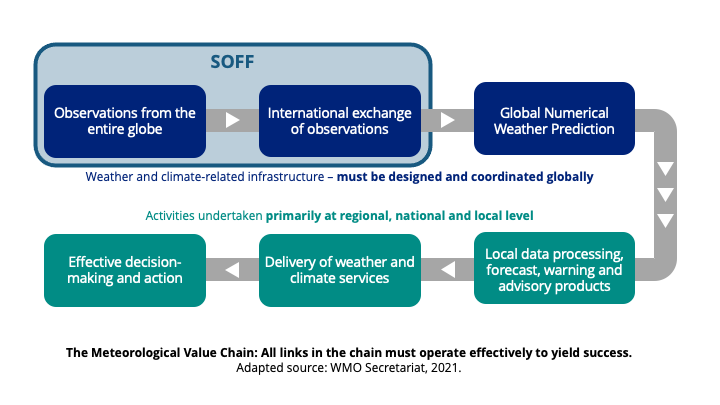
More details about SOFF can be found here: https://alliancehydromet.org/soff/
The Bulletin is published by World Meteorological Organization (WMO). It is produced biannually in English, French, Russian and Spanish editions. It contains articles on all aspects of meteorology, climatology, hydrology, the environment and related fields, that are specifically prepared for the journal. Each issue is planned around a selected theme considered to be of topical interest.
(c) WMO Bulletin: Vol. 72(1) – 2023 – Early Warnings for All
YOU MAY ALSO LIKE...
